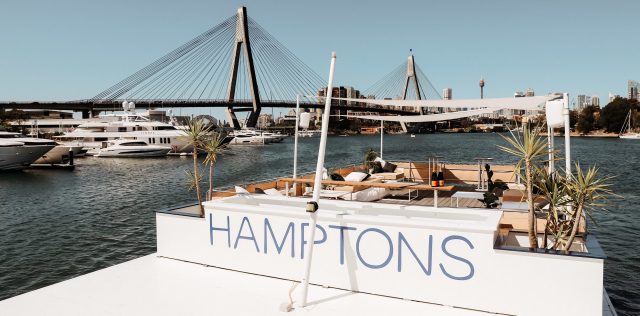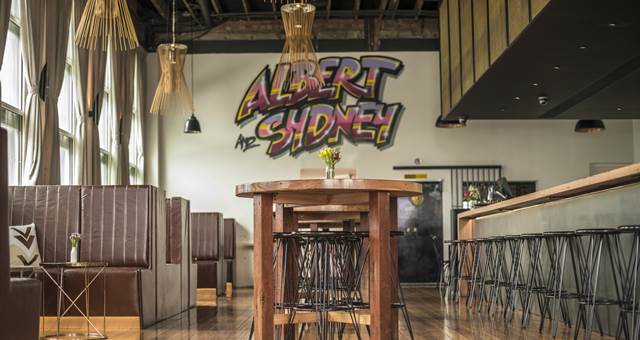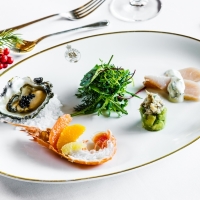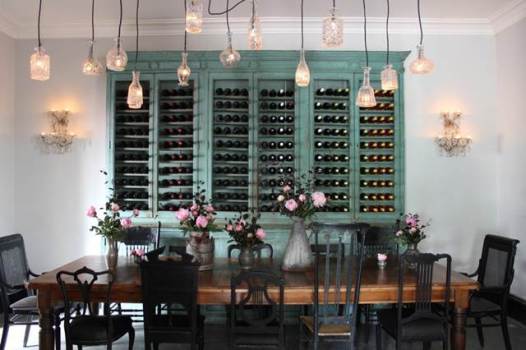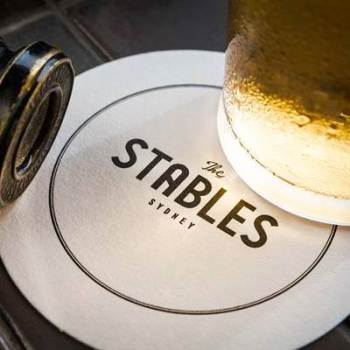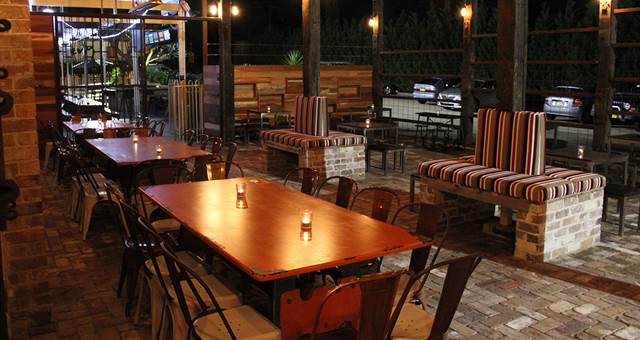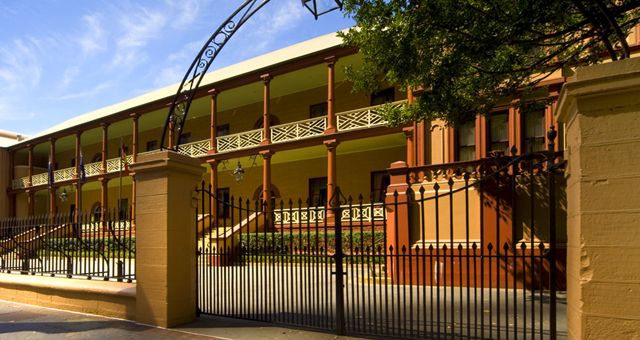
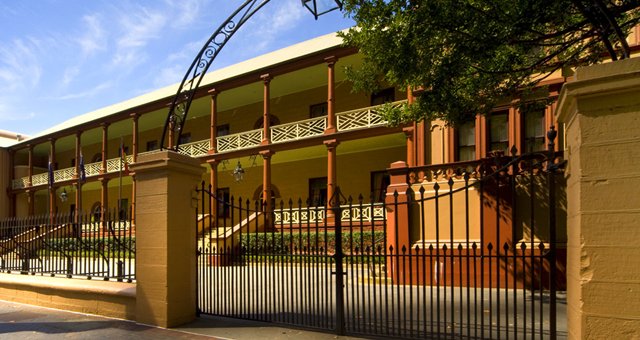
Parliament House, one of Sydney’s most distinguished heritage-listed buildings, has just launched three brand new spaces to take their collection of event and function offerings to eight.
With the capacity to accommodate intimate dinners and conferences through to large-scale cocktail events for 800, the rooms range from contemporary in design to others steeped in the rich history of Australia’s first and oldest Parliament.
The building’s history stretches back to 1816 when it was originally constructed as Sydney’s first permanent hospital. By 1824, parts of the building were being used for the Legislative Council and the Parliament House footprint has grown since then. Over the last 40 years, modifications and restorative work has been done to create a collection of beautiful spaces that are truly unique to Sydney.
New event spaces include:
The Reid Room: an intimate room with its own private balcony overlooking The Domain, this would have to be one of Sydney’s most prestigious private dining spaces. It also can be used for board meetings, team-building days and a conference break-out space.
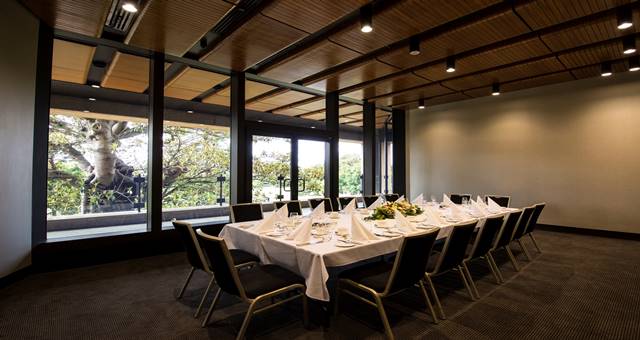
Historical fun fact: Sir George Houston Reid is another former Premier of NSW (1894-1899) who also served as Prime Minister of Australia (1904-1905) and later as Australia’s first High Commissioner in London (1910-1916) and as a member of the House of Commons (1916-1918). As Premier, he introduced a new lands bill which provided for the division of pastoral leases into two halves, one of which was to be open to the free selector, while the pastoral lessee got some security of tenure for the other half. He eventually succeeded in passing this and other reforms to areas such as the keeping of public accounts, income tax, public health, factories and mining. Along with the likes of Henry Parkes, Reid is recognised as another father of Federation, and he successfully fought for and secured greater concessions for NSW ahead of the second referendum in 1899.
Preston Stanley Room: with state-of-the-art AV facilities including drop-down screens, data projectors, lectern and microphone, this is ideal for all-day conferences through to breakfast events, evening receptions and dinners.
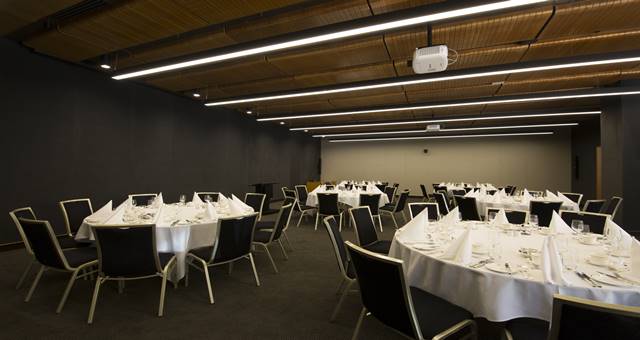
Historical fun fact: In 1925, Millicent Preston Stanley became the first woman in NSW to be elected to the NSW Parliament. A conservative and a feminist, Millicent had for many years been in the NSW Women’s Liberal League, Sydney’s Feminist Club, the Women Justices Association and the Nationalist Party. Millicent was labelled by some on the bench as a ‘she-devil’ and a ‘battle axe,’ but she rounded on her critics with the assertion that “women have a contribution to make to the life of the nation which only they can make.” Millicent distinguished herself as a competent and driven politician, supporting the Nationalist agenda while advocating fiercely for an improvement in mortality rates at childbirth, reform in child welfare legislation and more equitable custody rights in divorce. Premier Jack Lang described Millicent as “determined” and as the “skirts and brains of the Nationalist Party.” And while she was unsuccessful in contesting the seat of Bondi in 1927, she undoubtedly helped set in motion the changes that, although slow, would eventually lead to more women entering the NSW Parliament.
McKell Room: with a view over the atrium, this light and bright space is a great option for board meetings, seminars, training sessions and more.
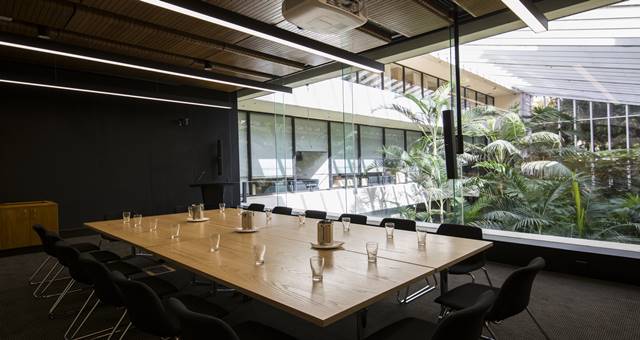
Historical fun fact: Sir William John McKell was Premier of NSW from 1941-1947 and the 12th Governor-General of Australia from 1947 to 1953. A boilermaker turned politician, he is widely recognised for his achievements as an effective wartime administrator. As Chair of the War Effort Coordination Committee, he worked with Prime Ministers John Curtin and Ben Chifley to mobilise NSW to build ships, roads, air strips and other defence works. Under his direction NSW produced munitions, grew food and implemented a civil defence and air raid precaution program. During his time with the Parliament, McKell also established the Housing Commission of New South Wales (1942), the Cumberland County Council (1945) and the Joint Coal Board (1947); he re-established the State dockyard at Newcastle and rehabilitated the Government Insurance Office. And by establishing a committee to examine plans to divert the waters of the Snowy River, he is also credited as playing a role in the development of the Snowy Mountains hydro-electric scheme.
